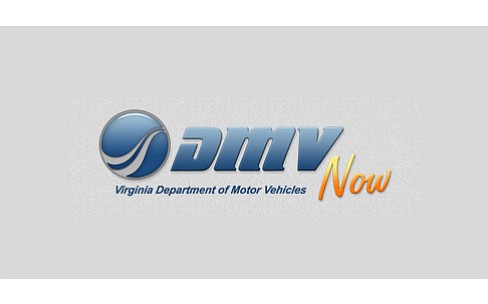New report: Reforms to help drivers with suspended licenses not working
Jeremy M. Lazarus | 2/9/2018, 7:01 a.m.
When Shaniqua Wyatt Jackson needs to go somewhere, she has to catch a ride with a friend or catch a bus.
She knows how to drive, but the 37-year-old would court arrest because her driver’s license is suspended. It has been since 2015 because she could not pay the fines a Richmond judge imposed after finding her guilty of several traffic infractions.
The fines increased two years ago when she was caught driving after her license was suspended, she said.
“It’s always a struggle to get to work, to get to the grocery store, to get to the doctor and anything else. My friends try to help out, but they’re not always available, so I’m always waiting for a bus,” said the Richmond resident and mother of two.
Ms. Jackson is employed as a retail store clerk, but she said her pay never stretches far enough so she can pay off the fines and court costs that she said have grown to $800.
She hopes to pay off those costs one day and legally get back behind the wheel. But for now, she’s heading into a driverless future.
Ms. Jackson has plenty of company. One in six Virginians age 18 and older — about 970,000 people — have had their licenses suspended. And two-thirds of that total, or about 638,0000 people, have licenses suspended by the state Department of Motor Vehicles solely for failure to pay court fines and costs, according to the Legal Aid Justice Center.
That number has not changed one year after the Supreme Court of Virginia and the General Assembly ushered in reforms aimed at helping people pay off their fines and get their licenses reinstated, the Charlottesville-based Legal Aid Justice Center stated in its latest report on poverty and driver’s license removal.
Issued last week, the report, “Driving on Empty: Payment Plan Reforms Don’t Fix Virginia’s Court Debt Crisis,” found that the number of people barred from driving because of suspended licenses has not changed despite the reforms.
The report is the result of a survey of 116 traffic courts in Virginia to find out what had changed since the reforms were put in place.
For example, general district courts are supposed to set up payment plans based on a person’s ability to pay.
While a majority of courts now offer such plans, LAJC’s survey found that at least 40 do not, including some of the largest courts, such as those in Richmond, Norfolk and Fairfax County.
Courts that offer such plans often require a huge down payment that sharply restricts the number of people who can get that assistance, LAJC found.
So just as was the case before the reforms, LAJC stated, too many courts still “have payment plan policies that are not designed to take into account individual financial circumstances, resulting in unrealistic and unaffordable payment plans that often lead to default” and ensure most people do not get their driver’s licenses reinstated.
The report found that none of the surveyed courts could explain the way the “ability to pay” is evaluated or how that evaluation impacts payment plans.
Most traffic courts, including those in Richmond, allow people convicted of traffic offenses to undertake community service to work off their fines and court costs. But at least 35 courts either do not mention that option or reject it as a way for poor people to legally drive.
Richmond courts do allow payment plans to be modified to reflect changes in financial circumstances such as loss of a job, family sickness or other challenges.
That’s another reform that was put in place, although the survey found that courts in Henrico County, Hopewell, Norfolk, Virginia Beach and 26 other localities do not advise people of such options, LAJC’s report states.
And while most courts, including those in Richmond, tell people they can seek another plan if they previously defaulted, 17 courts still do not provide any information about a second payment plan.
The bottom line: Virginia’s traffic courts have payment plans and policies that widely diverge from and “fall far short of” state guidelines and the U.S. Constitution, LAJC’s report states.
“Virginia needs to look more comprehensively at the role of court debt in its criminal and traffic justice systems,” the report concludes. “Ability to pay should be taken into account at sentencing to avoid … punishing people for their poverty.”
Taking away driver’s licenses for failing to pay fines is doing just that, LAJC stated.
“Virginia’s automatic license suspension policy is quite literally a form of debtor’s prison,” said Pat Levy-Lavelle, an attorney at the Legal Aid Justice Center who helped author the report.
“If you can’t drive, you can’t work, and you can’t pay. And if you do drive without a license, you go to jail. It’s a Catch-22 system,” she said, that needs to be fixed.








